

The first meeting took place on Friday (28th), when the OAB Gaming Commission gathered the state counterparts to discuss and issue PM 1,182/2023 remotely. Participants welcomed the arrival of the provisional measure, but made it clear that they want to discuss the format of the legal document with society and contribute with information so that parliamentarians can make the necessary changes so that the MP guarantees high channeling to the regulated market.
And this Monday (31st), the OAB/RJ Gaming Commission held a face-to-face event that brought together several specialists to discuss the provisional measure. The entity programmed the event even before the publication of the PM. Paulo Horn, chairman of the committee, participated remotely alongside Filipe Alves Rodrigues, a member of the group that facilitated the seminar. Both highlighted the opportunity of the moment, shortly after the publication of the PM. “It's a small step, but it's important that we pay attention and contribute to the debate based on all the knowledge acquired over the years,” stated Paulo Horn.
Cátia Veloso, from Compliance Institute Rio de Janeiro, highlighted the validity of OAB's performance as a promoter of debates involving subjects of interest to society. "It's time we had serious debates about integrity and best practice in sports betting."
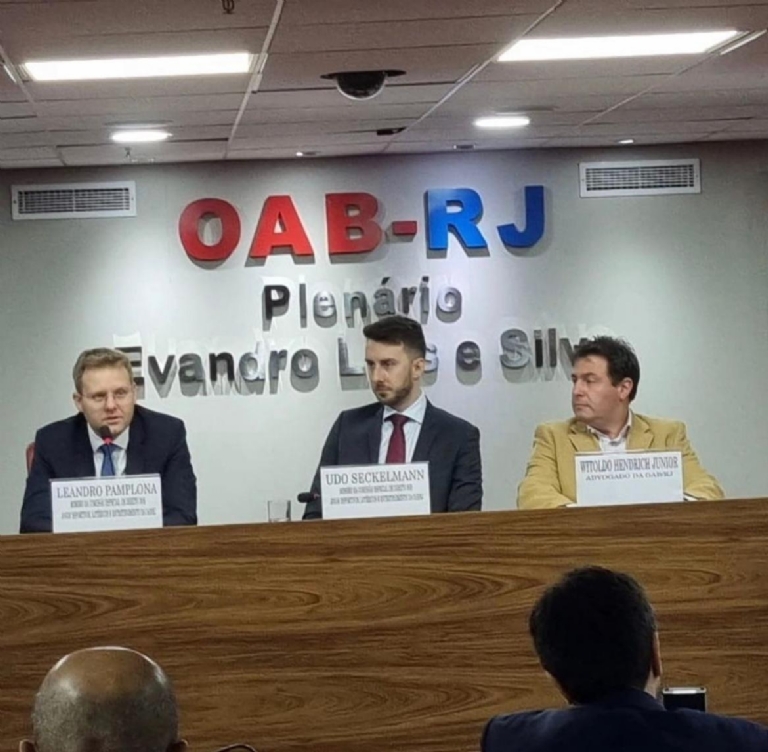
Lawyer Leandro Pamplona moderated one of the panels, which brought together Udo Seckelmann (Bichara and Motta), Witoldo Hendrich Jr. (Oline IPS), Valter Delfraro Jr. (GLI) and Juliana Picoli Agatte (Ministry of Sports).
A little of history
Witoldo Hendrich Jr, director of Online IPS, who has a deep knowledge of the sports betting sector, gave a history of the activity in Brazil, highlighting that over the last few years the sector has grown exponentially and has consolidated itself as one of the most promising economic segments of recent times. He clarified from a legal point of view the possibility for Brazilians to place sports bets, “since it is an operation carried out abroad through a .com website. So, whoever offers the service is in his country and whoever bets is going to that jurisdiction to bet,” he defined.
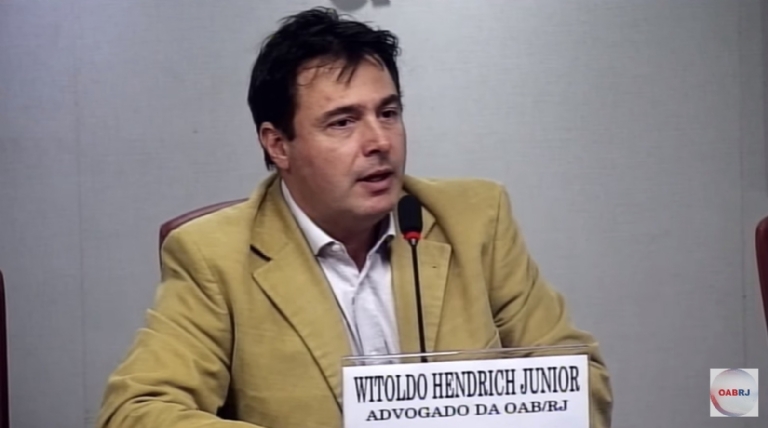
Juliana Agatte spoke for the Ministry of Sport and welcomed the issue of the PM for the regulation of sports betting specifically regarding the guarantee of sporting integrity and the fight against match-fixing. “This government has taken a very positive action in the search for regulation for a law that comes from 2018. It brings light to the discussion in the National Congress,” she highlighted. "We hope that the regulation will be very solid for the country and that it will be much better than the situation that is presented today, in which there is no regulation at all."
Kickoff was given, but PM needs to be improved
Juliana admitted that it may not be the best PM, but it was the starting point. “The initiative is essential for discussions to take place to combat irregularities. From the Ministry of Sport, we welcome the defense of the unpredictability of results and the values of sport in this context,” she said.
Udo Seckelmann brought his experience to the debate both in terms of legal aspects of sports betting regulation as well as from a sporting point of view. “The sport is attractive and the clubs comply with all the regulations of the CBF and their state federations. This already demonstrates the vocation of clubs to follow rules. And they want to do the same as partners with sportsbooks,” he highlighted.
The lawyer's concern is about issues related to advertising and the high taxation required of operators, in addition to the taxation of gamblers. “This has to be taken into account, since high taxes make it unfeasible to enter the regulated market. Just look at what happened in France, where many operators left regulation in line with taxes. At the same time, players have migrated to overseas sites to avoid high taxation on winnings,” he pointed out.
A positive point of the PM, in Udo's assessment, "is regarding the fight against the gray market, such as blocking websites, banning payment method companies from providing services to betting sites without a license to operate and banning advertising by companies not licensed. This is great in theory, but will we be able to apply it effectively in practice,” he asked.
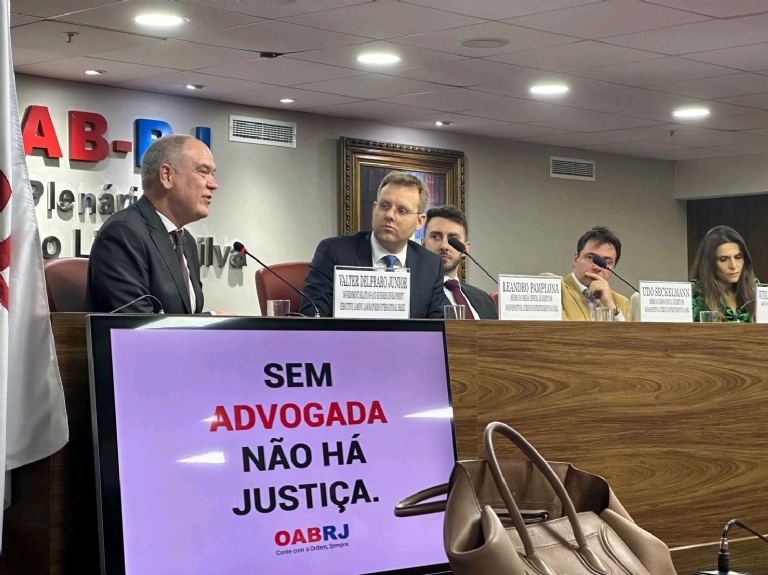
Importance of certification
Valter Delfraro Jr., from GLI, presented the company's training in certification. “I represent an accepted certification laboratory in all jurisdictions where gambling is regulated. This means more than 480 places where our activities have been taking place for years,” he introduced himself.
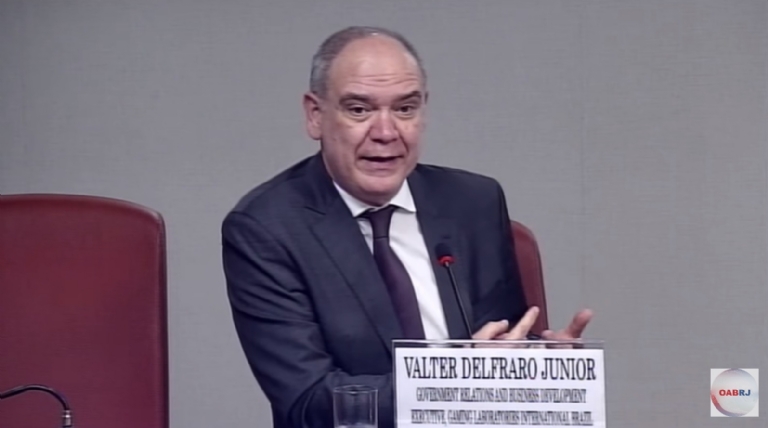
According to him, it is important to separate the issue of certification from regulation. “Certification is important whether a market is regulated or not. It is a process that ensures that the required requirements are on the platform and that they are fulfilled. Good regulation has to look at data security, infrastructure, responsible gaming and other aspects,” he explained.
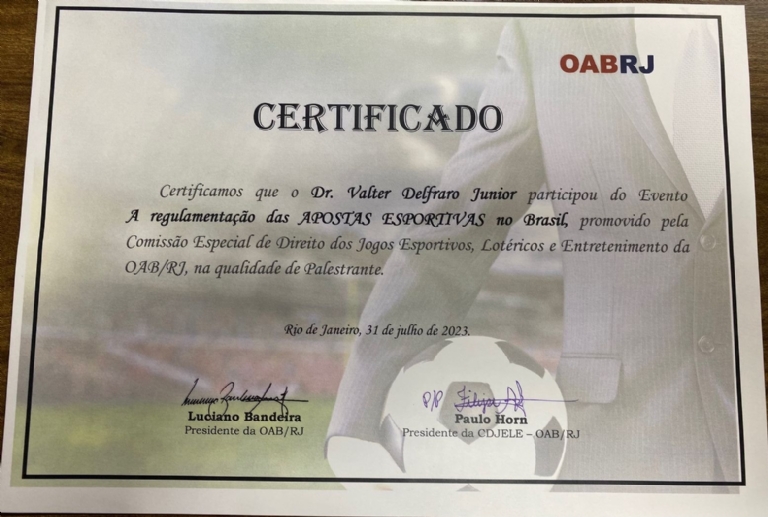
Compliance is security for clubs and punters
In the second panel, mediated by Tiago Lezan, from Instituto Compliance Rio de Janeiro, the participants were Pietro Cardia (National Association of Games and Lotteries), Paula Nunes Fernandes (compliance director at galera.bet), Filipe Rodrigues (from the OAB/RJ commission), Jonas Decorte Marmello (compliance director at Botafogo), Clarice Arteiro (compliance director at Vasco da Gama) and Vitor Targino (from compliance area at Vasco da Gama).
Pietro presented the National Association of Games and Lotteries and the work that the entity has been carrying out in the search for a regulation that brings conformity to the sports betting sector, including from the point of view of taxation of the sector, in addition to the search for prohibiting unlicensed sites operate in Brazil.
Paula Nunes Fernandes, compliance director at galera.bet, presented the bookmaker, part of the Playtech group, and highlighted that “since we are under a group that complies with very strict rules in the United Kingdom, we apply the same practices in order not to harm the license held by the shareholder.”
“We have every interest in operating in a regulated market in Brazil and we will try to bring the operation to Brazil. A compliance program must be very robust. It must be the essence of a sports betting company,” she defined.
“In the long term, compliance is what will consolidate the market and provide security for our business. Therefore, we have already applied these practices to guarantee the perpetuity of galera.bet in Brazil,” she guaranteed.
The representatives of Vasco da Gama and Botafogo also defined that compliance is fundamental for the partnership of bookmakers with football clubs and that the regulation will guarantee even more security in contracts with their partners.
Source: GMB